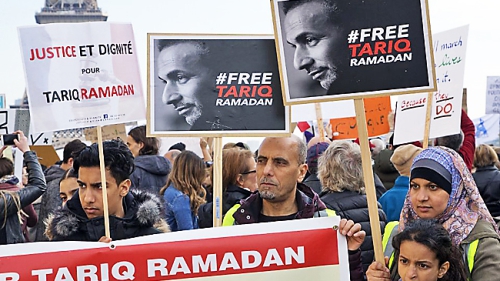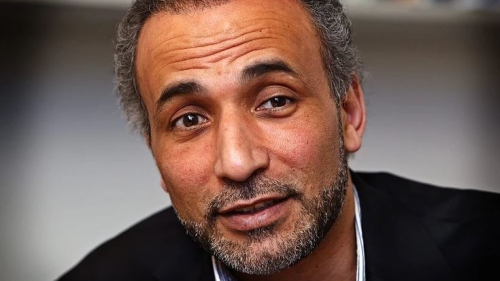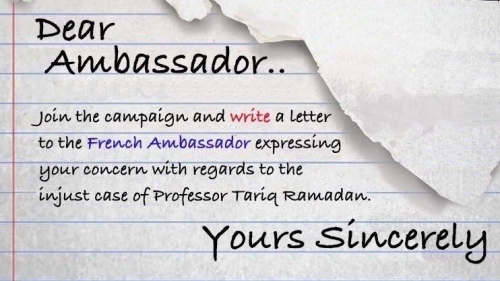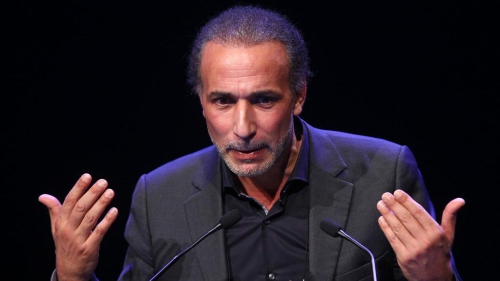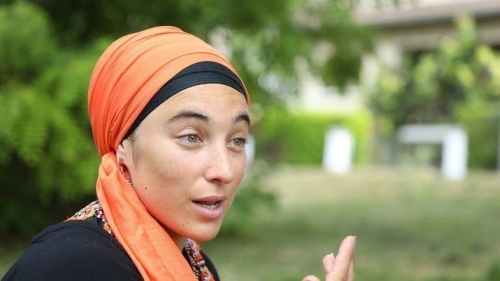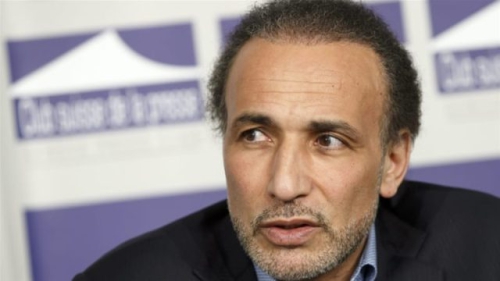Paul Berman Should Not Fear Tariq Ramadan.
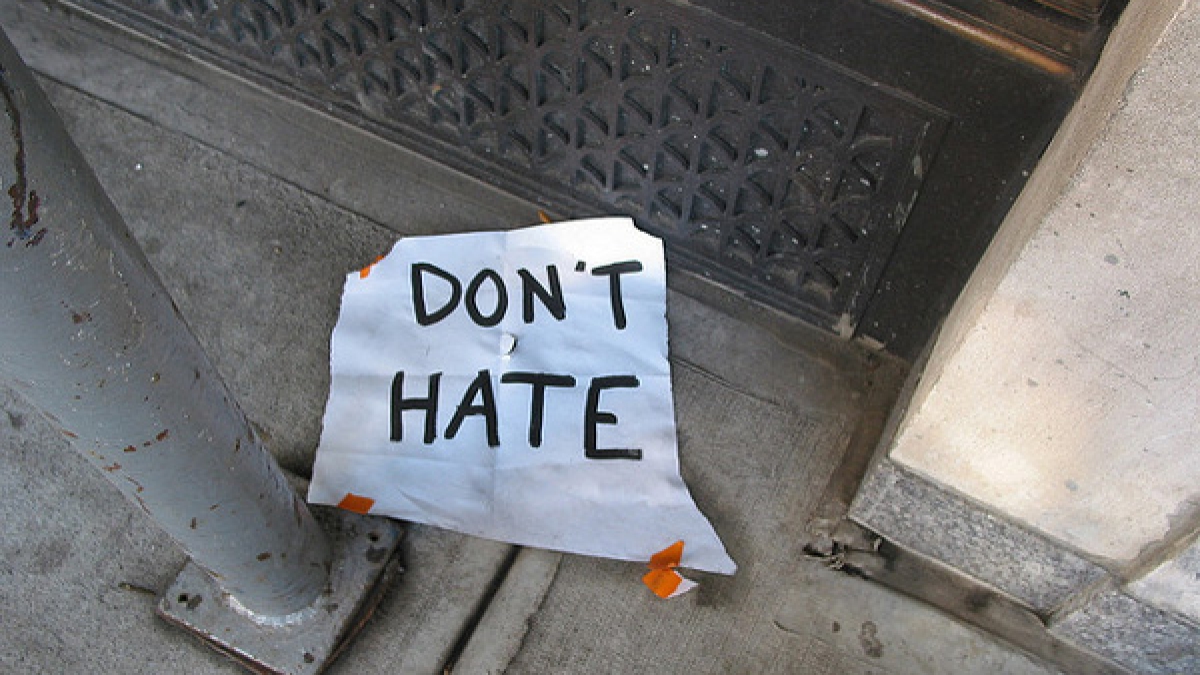
Paul Berman's enormous 28,000-word essay about Muslim scholar Tariq Ramadan is a must-read. Berman's intellectual goals are most laudable - against terrorism and for universal human rights. Unfortunately, I fear his essay is incomplete where it is not unfair, unfair where it is not dishonest, dishonest where it is not incomplete.
Ostensibly a book review of all of Ramadan's works, it is also an intellectual history, a rebuke of this NY Times Magazine Profile of Ramadan written by Ian Buruma, and a criticism of what Berman sees as a scholarly and journalistic elite who are complacent with terrorism and human rights abuses in Muslim communities. To summarize the argument of Berman's essay: Ramadan is not the modern Muslim who is attempting to reconcile Islam with modernity, the Enlightenment, and pluralism we read about in the NY Times profile. By looking at how his scholarship is rooted in his long family history, and by truly understanding his arguments, you will find that Ramadan is more in league intellectually with terrorists than with modern liberals. Finally, Berman argues that the main reason we don't know this already is because there is an "intellectual establishment," represented by Buruma, whose Third World sentiments encourage them to explain away beliefs that oppress women and celebrate suicide terrorism.
In short, that's crap. Somebody has to say it.
Berman employs his own interpretation of Ramadan's family history as a way of clouding Ramadan's explicit commitments against anti-Semitism and against terrorism. Berman often acknowledges as much. Ramadan interprets the Koran as clearly teaching Muslims to treat Jews with respect and dignity - in short, that the Koran is not anti-Semitic, and neither should Muslims be. Ramadan also interprets the Koran as rejecting terrorism. Berman wants to undermine Ramadan here. He does this by tracing Ramadan's ancestry to his grandfather, Hassan al-Banna, who was the founder of the Muslim Brotherhood, to his father, Said Ramadan, who was a lieutenant of the Muslim Brotherhood, and his brother, Hani Ramadan, who is a leader at the Islamic Center of Geneva. Berman then links these thinkers to Sayyid Qutb, the radical Islamic intellectual whose work is often cited as the intellectual backbone to Al-Qaeda. No matter that Al-Banna explicitly disagreed with thinkers like Qutb, wanted to reconcile Islam with parliamentary democracy, and never even met Qutb. No matter that Said Ramadan made efforts to distinguish himself from Qutb's radicalism. No matter that Tariq is not his brother. Berman uses the fact that Tariq Ramadan's family history is one of Muslim Third World political and intellectual elites to argue that Despite Ramadan's explicit rejection of anti-Semitism and terrorism, despite his explicit interpretation of the Koran as rejecting anti-Semitism and terrorism, Ramadan is suspect.
The part of the essay that comes closest to being a book review is Berman's discussion about the place of doubt in Ramadan's Islam, the West, and the Challenges of Modernity. In that book, Berman points out that Ramadan's interpretation of Islam leaves no room for doubt about God and Islam. Berman uses this point to suggest that Ramadan is thus - again - more in league with proto-fascists and radicals like Qutb. But this is a dangerously incomplete understanding of Ramadan's arguments. In Western Muslims and the Future of Islam, Tariq Ramadan argues that the true interpretation of the Koran, while it may leave no room for the Western, Cartesian concept of doubt, includes instead the Islamic tradition of submission. This concept, writes Ramadan, means that the practice of being a Muslim means submission to an Almighty God and the weakness of human beings. This serves, for Ramadan, as the Muslim analogue to Cartesian doubt. He writes on page 81, "The third pivot of Muslim identity is an open and constantly active expression of this last element because it is based on "being Muslim," defined by the action of educating and transmitting." (His italics.) He goes on to write that submission to God through active learning is a practice of "Texts and the context," meaning Muslims must engage the Society in which they live. This, plus the Muslim concept of al-tahsiniyyat (enhancing, perfecting), Ramadan writes, are ways in which Muslims might root themselves in their own modern virtues of liberalism, pluralism, and rational inquiry. As Ramadan writes on pages 32-33 of Western Muslims and the Future of Islam:
Related Suggestions






